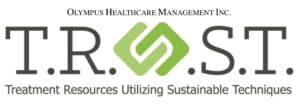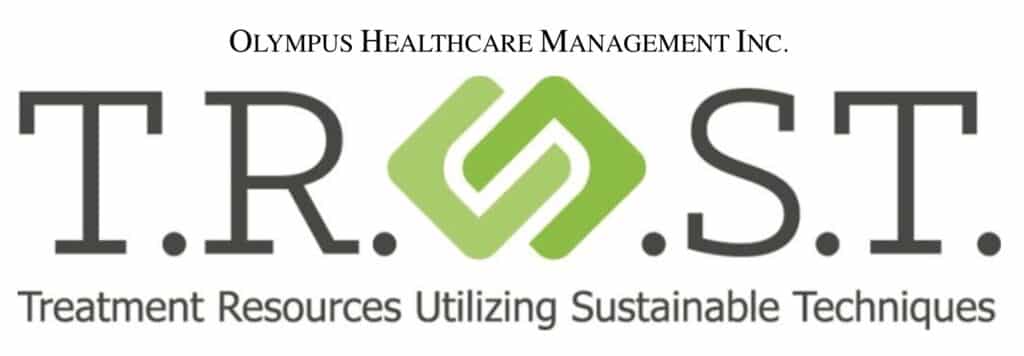
How T.R.U.S.T. Works
Our comprehensive case management includes:
Education
Support
Accountability
After receiving treatment for a substance abuse disorder, only about 12% of the general population remains sober for a period greater than one year. However, studies have shown that 78 % of doctors, lawyers and pilots who have undergone treatment for substance abuse stay sober for one year or more post treatment. Why such a profound difference? The reason is that in order to keep working in their chosen profession doctors, lawyers and pilots must engage in a program of recovery lasting several years – resulting in their remarkable 78% success rate.
In short, drug rehabilitation centers provide stabilization and education. The T.R.U.S.T. program offers long-term case management based on the principals, practices and success of the programs used to treat doctors, lawyers and pilots. But T.R.U.S.T. is for everyone, including the family.
Addiction creates crisis. We believe that the best way to deal with the crisis is to have all affected by it be a part of the healing, we support the entire family through this process.
We consult the family and other concerned persons and create a long-term monitoring plan.
We coordinate specialized services based on the needs of the family.
We provide screening, intervention services, education workshops.
We provide referrals to treatment, relapse prevention and continued care planning.
The T.R.U.S.T. Process Proceeds As Follows

Please Call 1-800-457-8565





